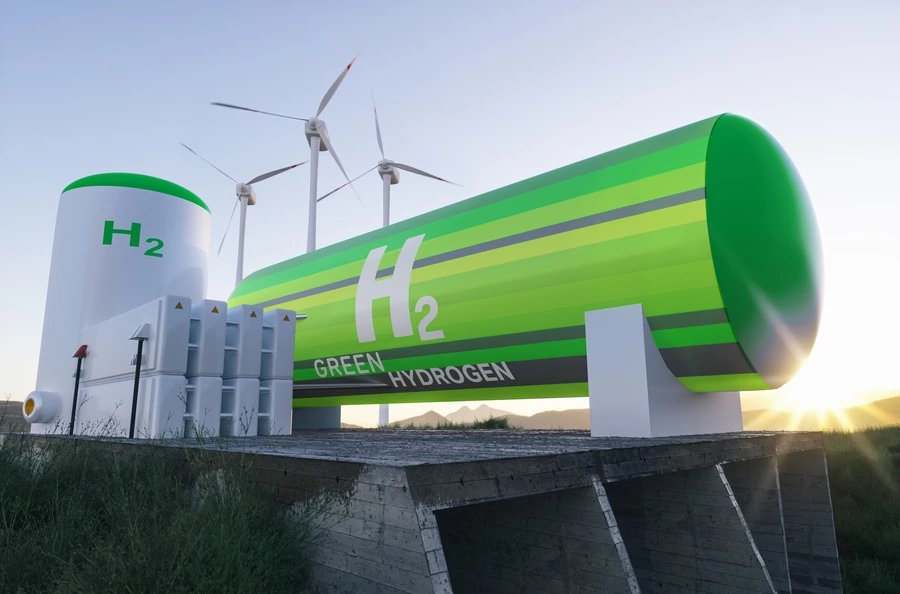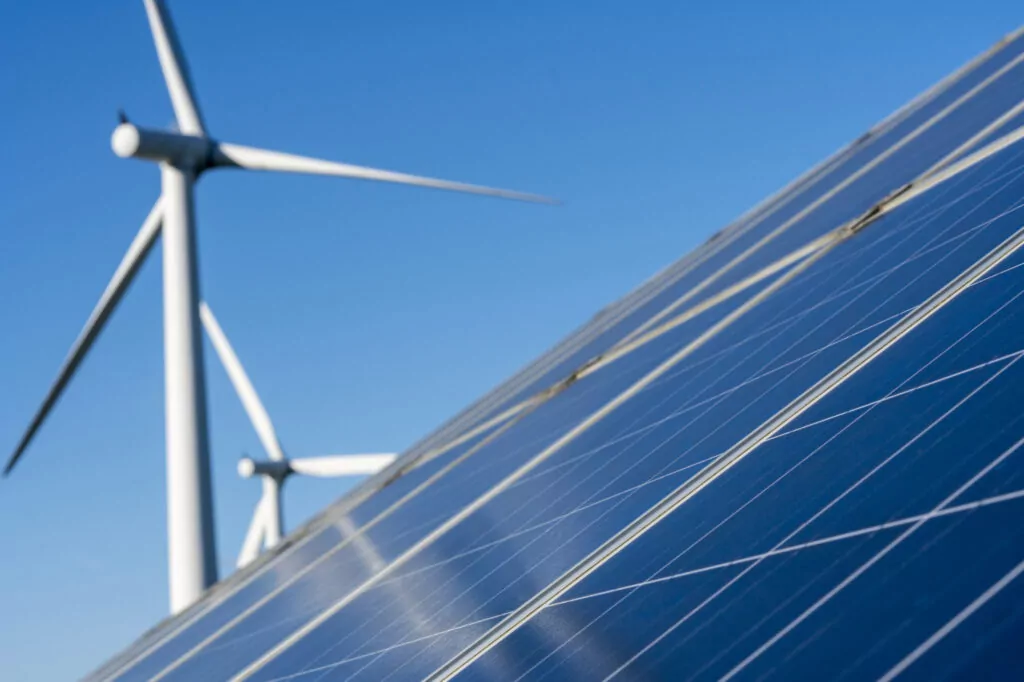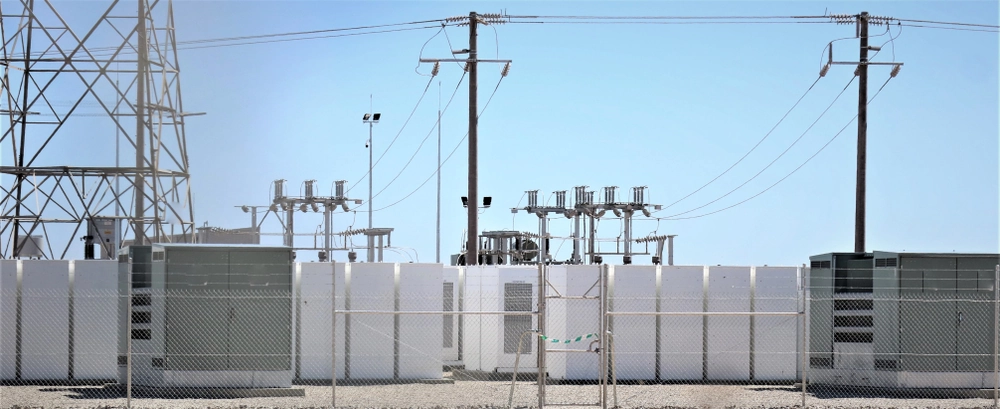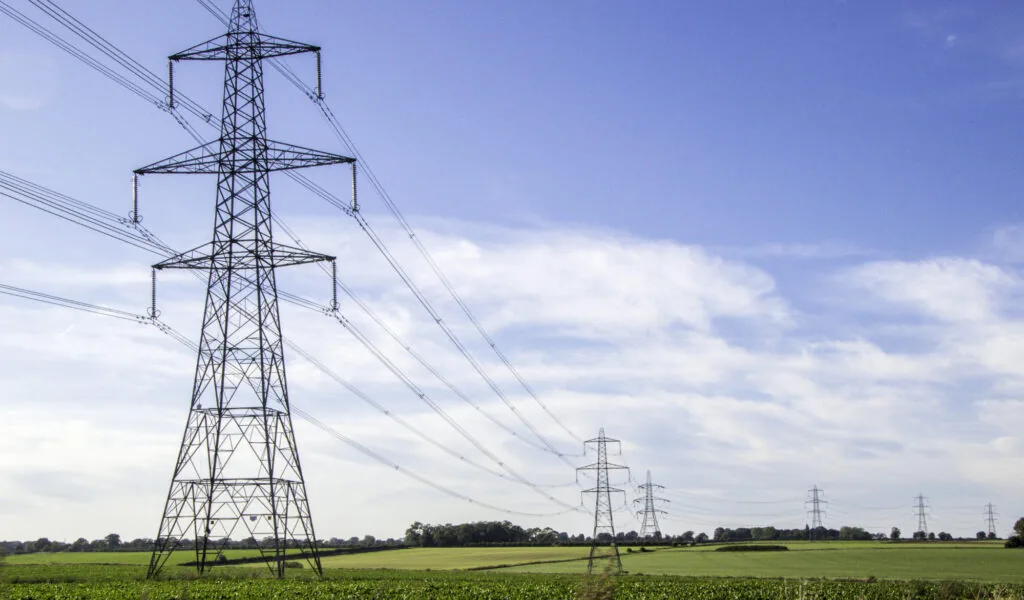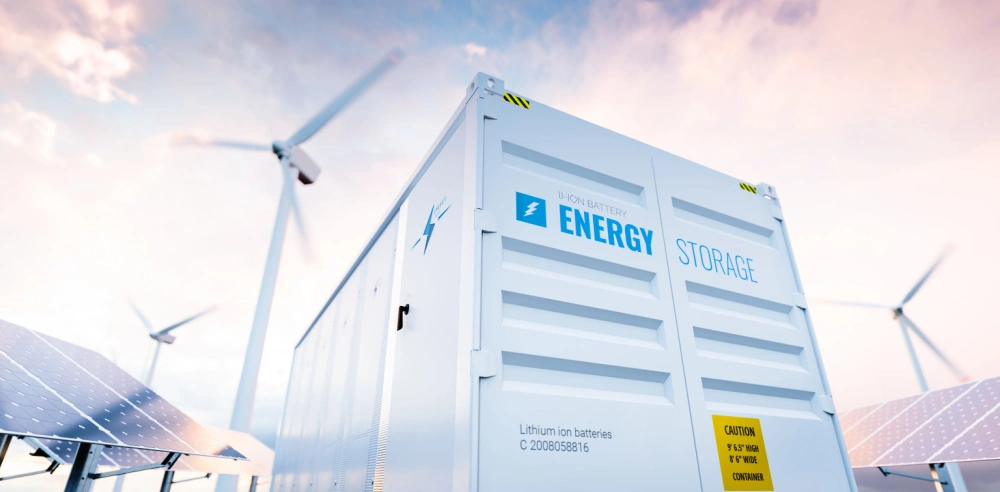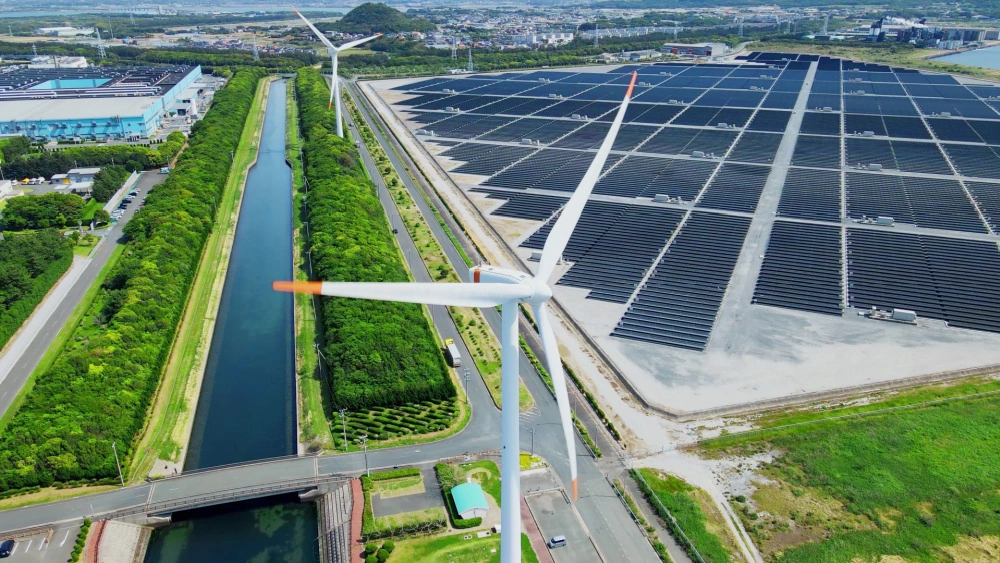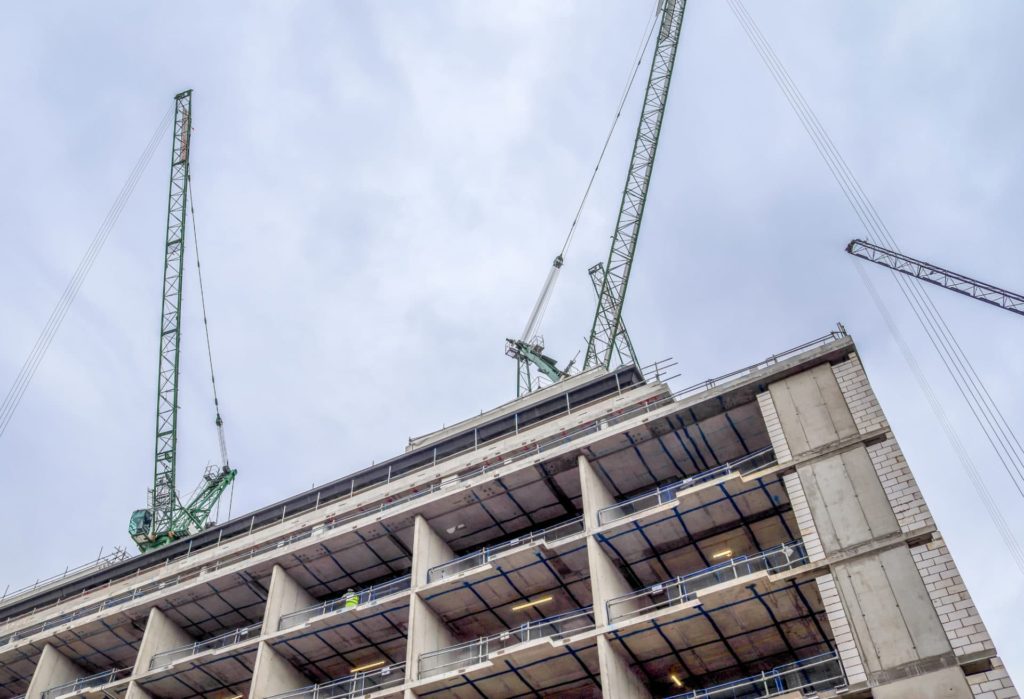
Heat Networks: Regulating for the consumers

By Mark Greatholder, Aliki Zeri
17 Dec 2024 | 5 minute read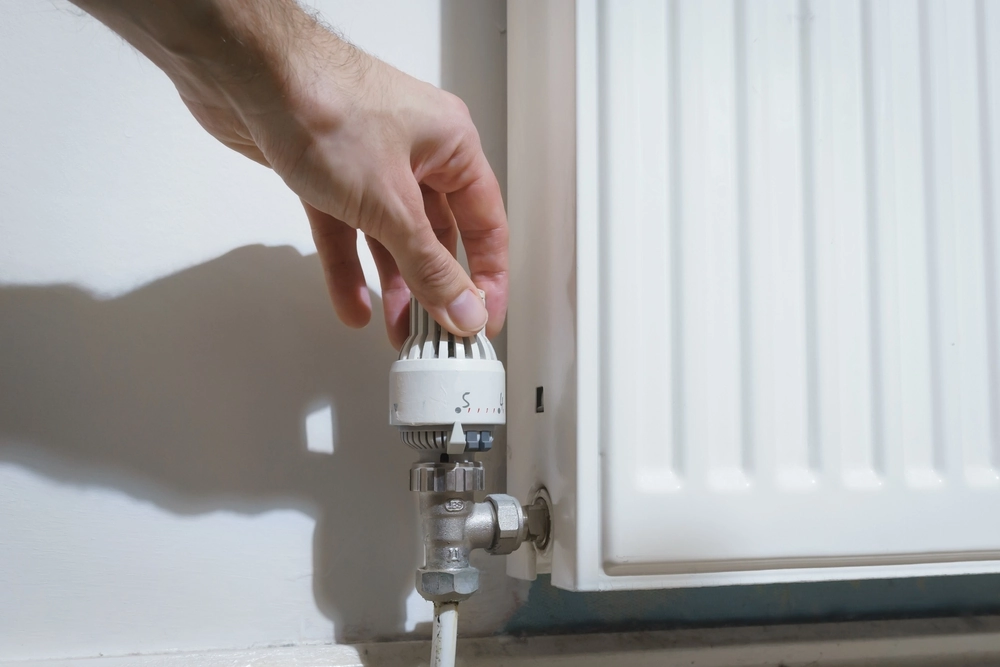
On 7 November 2024, DESNEZ and Ofgem launched a joint consultation ("Consultation") that seeks to shape the measures that will be put in place to ensure that consumers connected to heat networks are treated fairly and receive a reliable service. The consultation closes on 31 January 2025, and runs in parallel with Ofgem's consultation on the authorisation regime for heat networks. A summary of the key points of the latter consultation can be found here.
The Consultation builds on the former government's response to the August 2023 consultation. It includes (Figure 2) a timeline of the development of the heat network market framework, highlighting future consultations, including a consultation on the 'Heat Network Technical Assurance Scheme' (intended to introduce mandatory technical standards for all heat networks), a consultation on the step-in mechanism (referred to below) and consultations on guidance documents that will underpin the secondary legislation. A draft of the proposed regulations ("The Heat Networks (Market Framework) (Great Britain) Regulations 2025") was laid in front of the Parliament on 28 November 2024.
Different consumer classes
The Consultation identifies different groups of consumers and indicates that a proportionate approach to regulation will be taken depending on whether the end-customer is:
- A domestic or microbusiness consumer
- Non-domestic consumer or SME
- Industrial and self-supply consumer
Standards of Conduct, Fair Pricing, Billing and Transparency
In delivering better outcomes for end-customers, particularly those in a vulnerable position, Ofgem and DESNEZ are looking to the gas and electricity sector and are proposing the following measures:
Introduction of Standards of Conduct ("SoC")
These will be relevant for both 'Operators' and 'Suppliers' (as defined in the October 2023 consultation) and will apply to heat networks serving both domestic and non-domestic customers (note: the protections intended for vulnerable customers will not apply to heat networks that serve only non-domestic customers). The SoC are intended to deal with: (i) supplier behaviour, (ii) information sharing (suppliers will have to share information with their customers that is timely, clear and accessible), (iii) customer service and complaints handling, (iv) proactive identification of vulnerable customers and (v) customer engagement (allowing customers to feedback any issues to the Operator or Supplier of the heat network);
Development of a 'fair pricing framework'
This will be implemented through specific authorisation conditions and will apply to heat networks serving both domestic and non-domestic customers (although some tailoring may be required in respect of microbusinesses and SMEs). Annex 3 of the Consultation sets out an example of a potential pricing framework. This highlights the key principles underpinning such framework, being: (i) price reflectivity, (ii) cost efficiency, (iii) affordability, (iv) corporate risk (which should not be placed on end consumers), (v) potential for industry growth, (vi) regulatory control and (vii) price transparency. Due to the monopolistic nature of heat networks, Ofgem and DESNEZ are keen to ensure that the price payable by the end consumer is not disproportionately higher than the price they would have paid for heating through other means (or if they had been able to connect to a different network);
Billing and Transparency
The Consultations builds on prior proposals on the matter and addresses some additional matters, such as transparency in the context of bundled bills, where the cost of heating forms part of the rent or other charges, making it difficult for consumers to understand the true cost to them. In addition, the Consultation proposes that back-billing of heat charges is limited to 12 months and that heat charges are unbundled from other charges (such as service charges or rent) to allow for this.
Step-in arrangements
The arrangements are intended to protect end-customers if the heat network Operator or Supplier (becomes insolvent, or the relevant authorisation is revoked. A fragmented approach is proposed, such that social housing providers that take on the role of an Operator or Supplier are excluded from these arrangements. This is on the basis that the social housing sector is sufficiently regulated to ensure the continuous operation of a heat network in the circumstances described. Additionally, as local authorities cannot become insolvent, local authorities that operate heat networks will also be excluded from these arrangements.
The following measures will apply in all other instances:
- Introduction of authorisation conditions that would: (i) mandate the Operator or Supplier of a network to liaise with Ofgem where there is a material change to its financial position and (ii) mandate the Operator or Supplier to have control over the material assets of a heat network (infrastructure and relevant contracts);
- Introduction of financial monitoring obligations;
- Production of a 'Continuity Plan' (or multiple plans where the activities of supply and operation are 'split') – Table 4 of the Consultation outlines the information that will need to be included as a minimum in such a plan; and
- Contractual step-in arrangements with another party, to allow such party to take over the operation of the network or the supply of heat if the original Operator or Supplier becomes insolvent or has its authorisation withdrawn.
In addition to these arrangements, and like the electricity and gas sectors, the Government is considering whether Ofgem should be given powers to appoint an Operator of 'last resort'. In cases of Supplier failure, the expectation is that the Operator will be responsible for assuming the role of the Supplier of 'last resort' (or finding another Supplier to discharge this role).
The Consultation also alludes to the possibility of a special administration regime being set up, as a backstop if all other options outlined above were to fail.
Overall, it is understood that the proposed arrangements will be complex in nature, as they would require the transfer of physical assets, in addition to the novation of existing customer contracts and other contractual arrangements (for example, those for the maintenance of the heat network). If the proposals regarding the Operator of 'last resort' or the special administration regime were to be taken forward, secondary legislation would be required to implement these, which would, in turn, add to the timeframe for the heat network market arrangements coming into force.
What next?
The measures under consultation will have wide-ranging consequences for anyone involved in heat networks, not just heat Operators or heat Suppliers. Whilst local authorities and social housing providers may be exempt from certain requirements, they will still want to ensure that any heat Operator or Supplier that they engage with is able to deliver to the standard required under the proposed regime.
Those who operate or supply existing heat networks would also need to consider their existing contractual arrangements with end customers, to ensure that they will be 'fit' for purpose. Similarly, those companies that intend to enter the market, would need to clearly understand the proposed authorisation conditions and how any additional compliance requirements would affect the project cost and financial projections.
All that said, the Consultation only indicates the direction of travel and final decisions will not be made for some time yet. There is a clear opportunity for interested parties to influence these final decisions by taking part in the Consultation. The intervening period is also a good time for interested parties to take stock of their existing portfolio of projects and planned pipeline with an eye to the horizon.
Please get in touch with our team of experts if you wish to discuss further.







